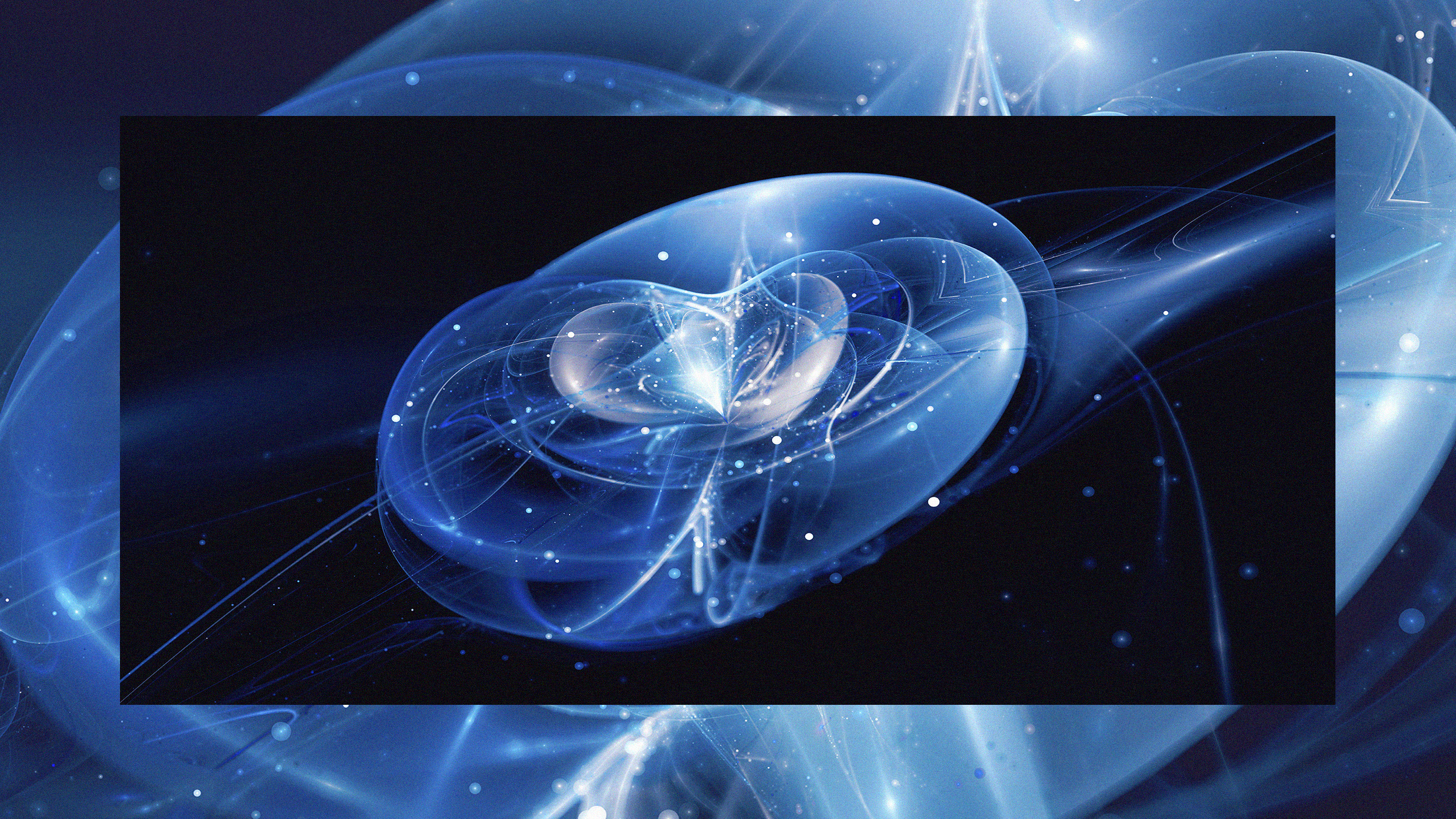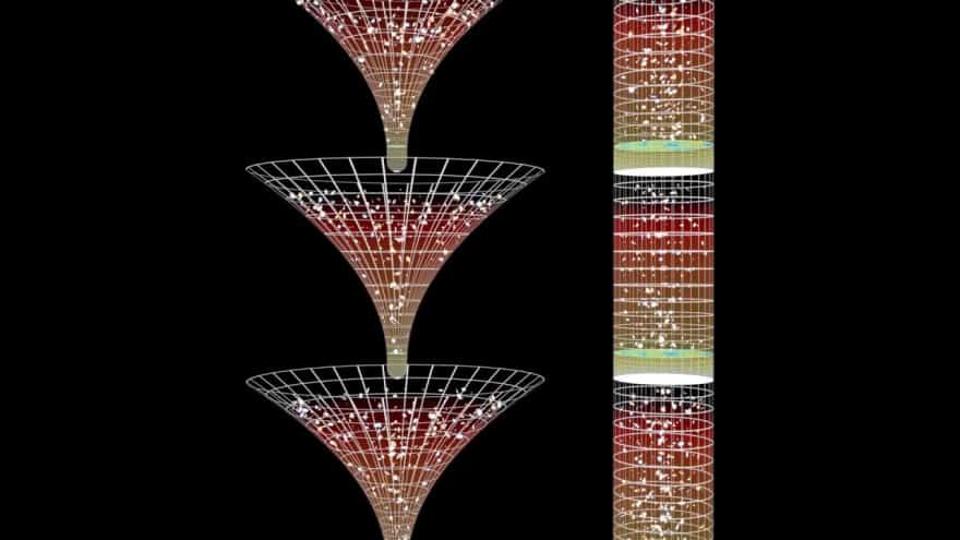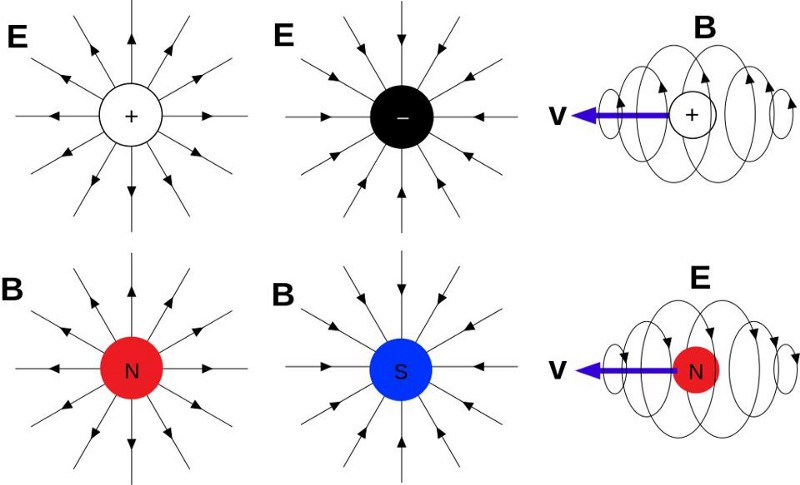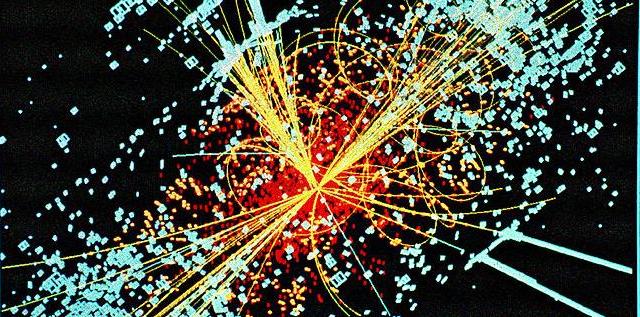The Higgs Boson and Our Views of Universe Creation
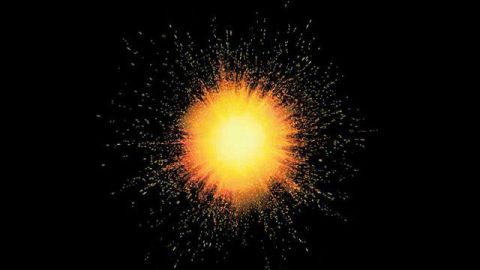
Today scientists from the European Organization for Nuclear Research, or CERN, will make a groundbreaking announcement. It will be about their most recent finding; of evidence that strongly suggests the existence of the Higgs boson.
‘The Higgs what?’, you ask? Really we should all know the answer. These particles are what populate something known as the ‘Higgs field’. This field envelopes everything, including ourselves. Higgs bosons are attracted to certain things more so than others. The greater the attraction, the more mass the thing has. One Associated Press article broke down the concept in an easy to understand way:
“Some liken the effect to a ubiquitous Higgs snowfield that affects other particles traveling through it depending on whether they are wearing, metaphorically speaking, skis, snowshoes or just shoes.”
As the explanation for why mass ‘is,’ non-scientists have deemed Higgs bosons, ‘God particles.’ That being said, the release of evidence for the existence of these mighty specs, and the wealth of new discoveries that will surely be made as a result, could have a radical impact on views of how the universe was formed. Compiled here is a list of five of the most widely accepted theories today that might be affected.
1. The Creationist Account This theory claims that the Bible, a book sacred to Jews, Muslims, and Christians, and published for the first time long ago, has the answer. Proponents of the idea take the position that God created the universe. They claim that Earth was designed by him/her/it in a specific way. Perhaps the most well known part of the bible’s story of creation is the bit about Adam and Eve, the alleged first two humans who God made out of clay. Read more here.
2. The Big Bang Theory This is perhaps the most widely accepted approach to understanding the formation of the universe by scientists. The Big Bang theory argues that everything began with one large explosion out of nothing. Proponents of this approach assert that the event happened approximately 13.75 billion years ago. Read more here.
3. The Bouncing Universe Claim This theory is very similar to the Big Bang one but also very different. It asserts that the universe we are a part of today did begin with some large explosion. It also argues, however, that this was just ‘a’ big bang. Proponents of this theory believe that our universe is just one of a series, each beginning with its own explosion. Read more here.
4. The Intelligent Design Claim Proponents of this account argue that some being with supreme intelligence created the universe. This could be a human or some creature not from Earth. They believe that the universe is too sophisticated to have arisen without any planning. It is key to note that this theory is different from the creationist one in that it does not posit that the ‘intelligent designer’ has to be a supernatural God-like figure. Read more here.
5. The Bubble Theory This theory asserts that our universe is, in a sense, the child of another parent universe. It claims that there are multiple universes and that each one needs to be viewed as spherical. The theory holds that child universes bud off of parent ones and become independent. Read more here.
Photo credit: Shutterstock, One-Mind-One-Energy.com, ScienceBuzz.org, Crystalinks.com, Experimentation-Online.com

